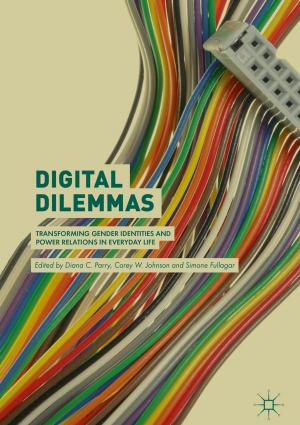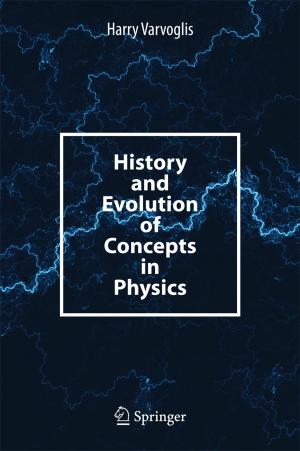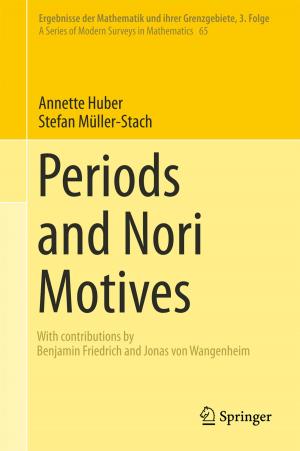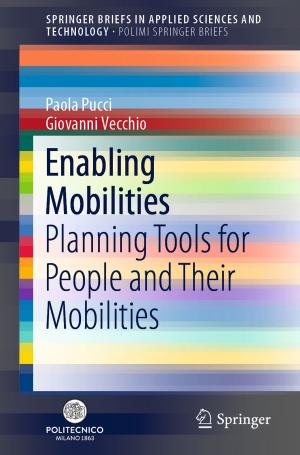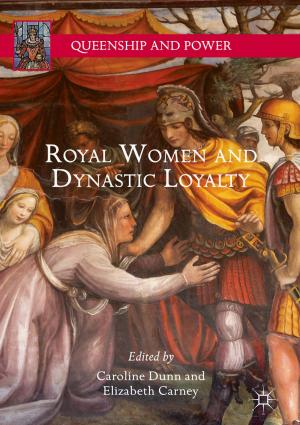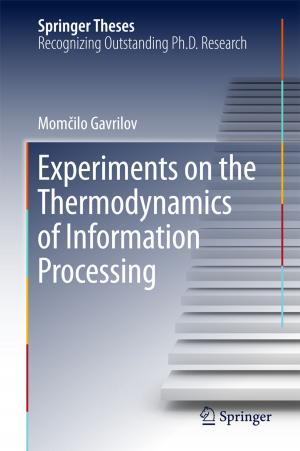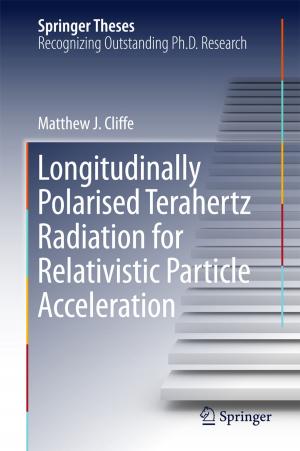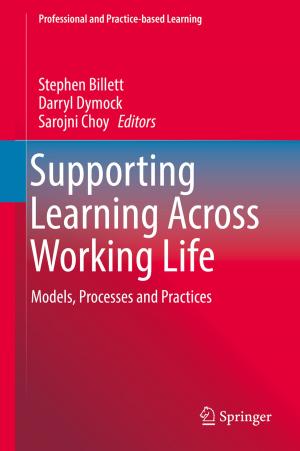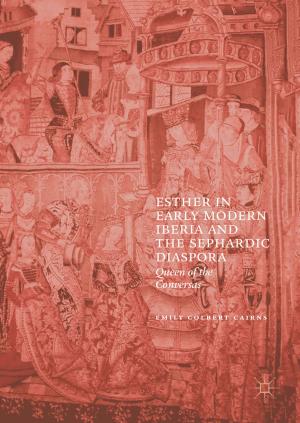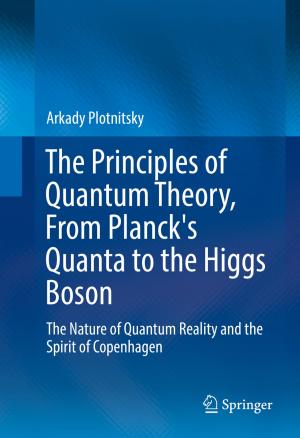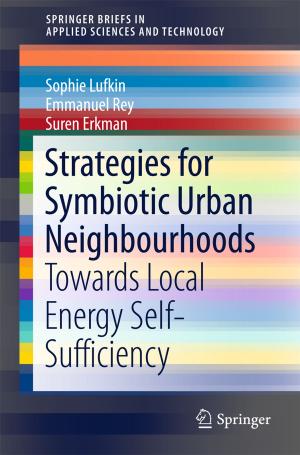Determinism and Free Will
New Insights from Physics, Philosophy, and Theology
Nonfiction, Religion & Spirituality, Philosophy, Metaphysics, Science & Nature, Science, Physics, General Physics| Author: | Fabio Scardigli, Gerard 't Hooft, Emanuele Severino, Piero Coda | ISBN: | 9783030055059 |
| Publisher: | Springer International Publishing | Publication: | January 22, 2019 |
| Imprint: | Springer | Language: | English |
| Author: | Fabio Scardigli, Gerard 't Hooft, Emanuele Severino, Piero Coda |
| ISBN: | 9783030055059 |
| Publisher: | Springer International Publishing |
| Publication: | January 22, 2019 |
| Imprint: | Springer |
| Language: | English |
In this small book, theoretical physicist Gerard 't Hooft (Nobel prize 1999), philosopher Emanuele Severino (Lincei Academician), and theologian Piero Coda (Pontifical Lateran University) confront one another on a topic that lies at the roots of quantum mechanics and at the origin of Western thought: Determinism and Free Will. "God does not play dice" said Einstein, a tenacious determinist. Quantum Mechanics and its clash with General Relativity have reanimated ancient dilemmas about chance and necessity: Is Nature deterministic? Is Man free? The “free-will theorem” by Conway and Kochen, and the deterministic interpretation of quantum mechanics proposed by 't Hooft, revive such philosophical questions in modern Physics. Is Becoming real? Is the Elementary Event a product of the Case? The cyclopean clash between Heraclitus and Parmenides has entered a new episode, as evidenced by the essays in this volume.
In this small book, theoretical physicist Gerard 't Hooft (Nobel prize 1999), philosopher Emanuele Severino (Lincei Academician), and theologian Piero Coda (Pontifical Lateran University) confront one another on a topic that lies at the roots of quantum mechanics and at the origin of Western thought: Determinism and Free Will. "God does not play dice" said Einstein, a tenacious determinist. Quantum Mechanics and its clash with General Relativity have reanimated ancient dilemmas about chance and necessity: Is Nature deterministic? Is Man free? The “free-will theorem” by Conway and Kochen, and the deterministic interpretation of quantum mechanics proposed by 't Hooft, revive such philosophical questions in modern Physics. Is Becoming real? Is the Elementary Event a product of the Case? The cyclopean clash between Heraclitus and Parmenides has entered a new episode, as evidenced by the essays in this volume.


